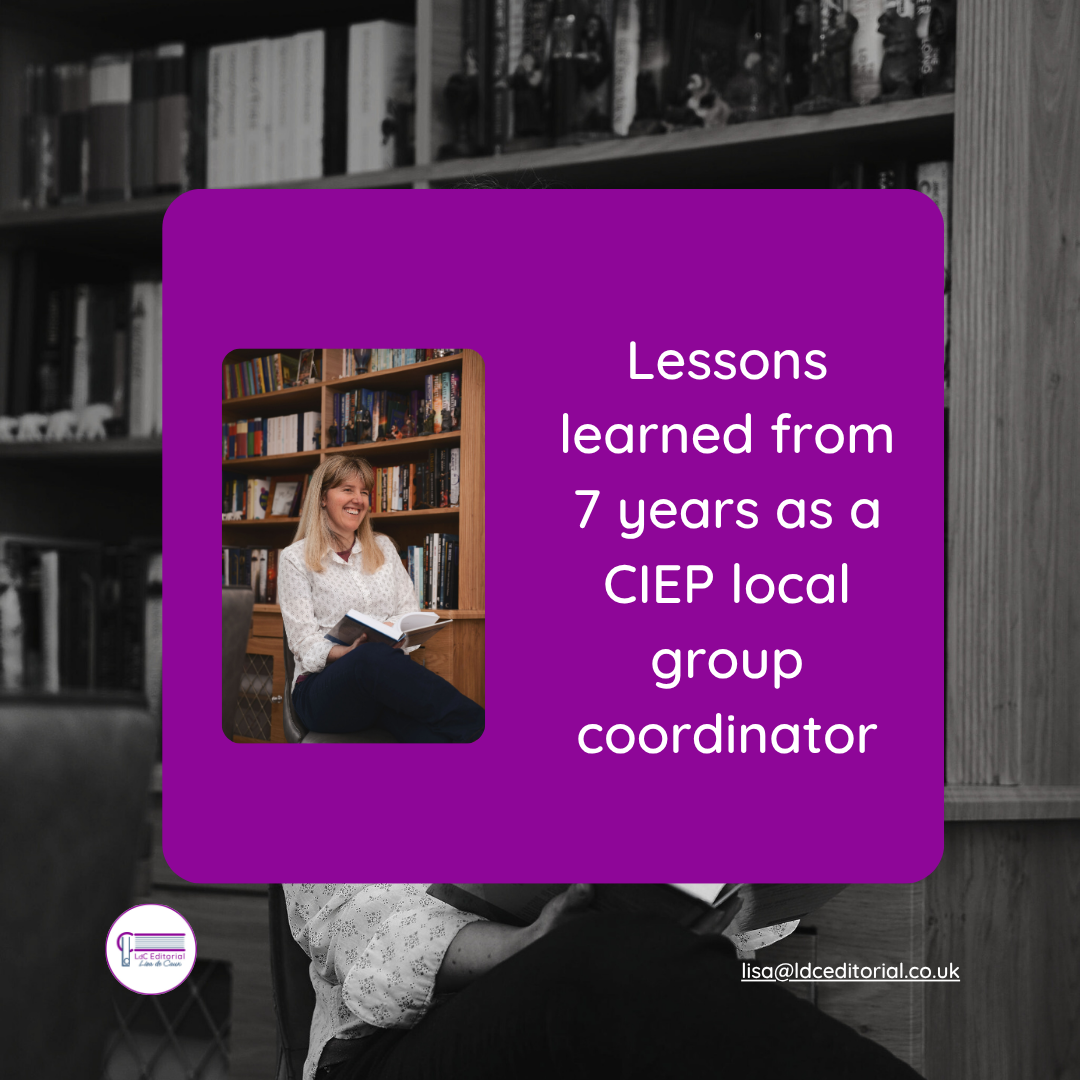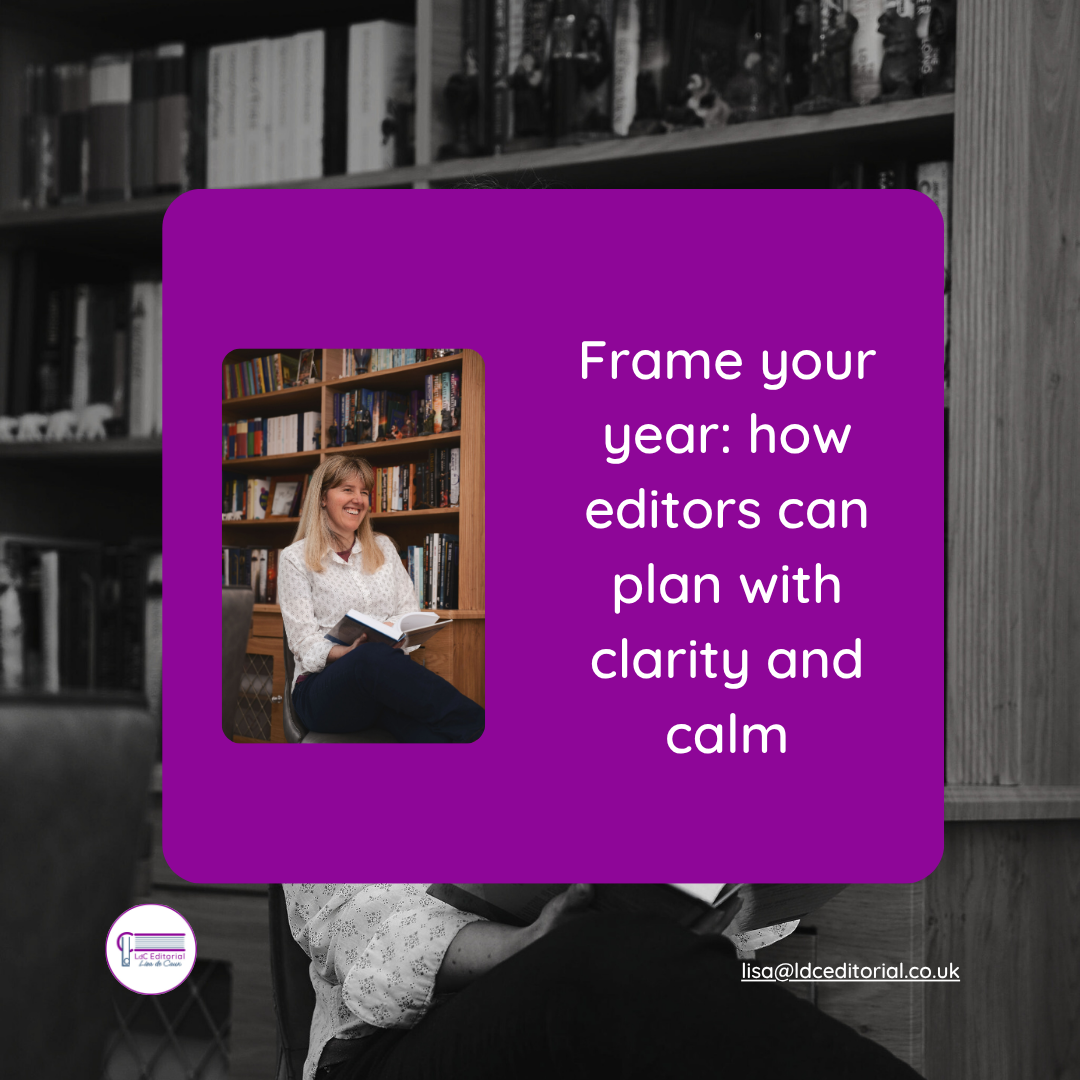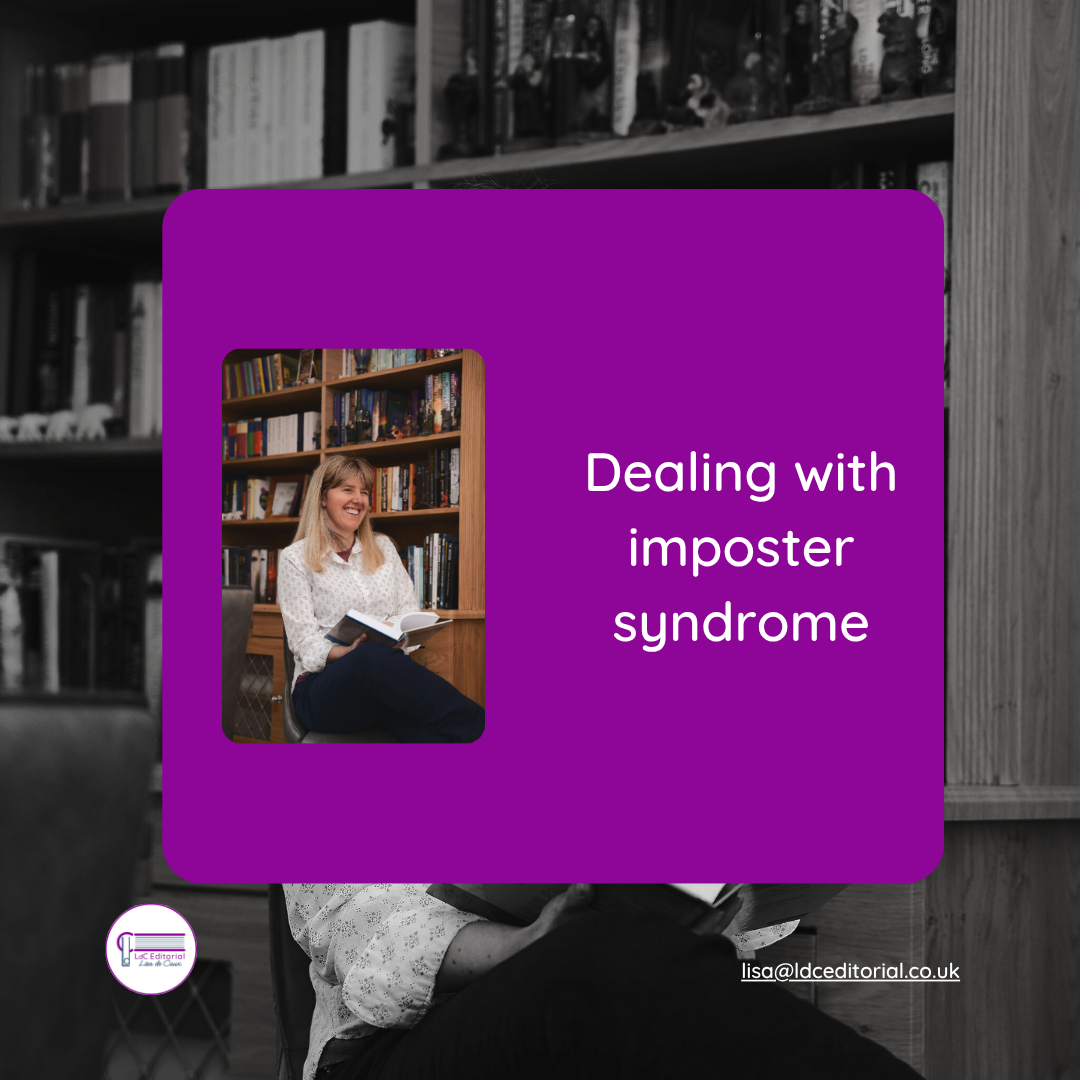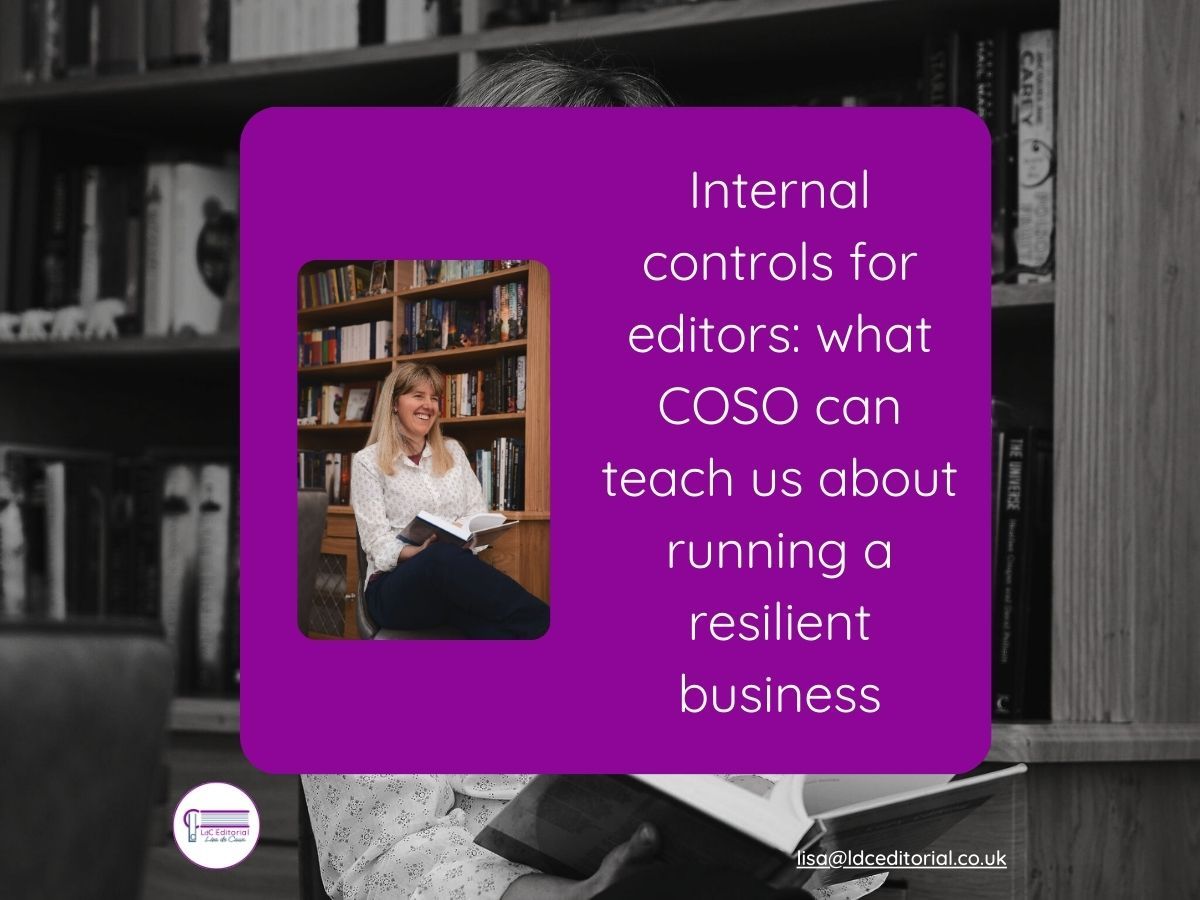Professional mentoring for the field of editing
Starting from a question

A mentor is defined as an ‘experienced and trusted adviser’ by the OED (my dictionary of choice).
How to find one in the field of editing?
I was asked a question specifically about ‘professional mentoring’ for my video series, The Editorial Cuppa.
Professional mentoring has a formality to it that implies more than a casual relationship, so it may come with a commitment of time, energy or money.
Is there a professional scheme?
I turned to the Chartered Institute of Editing and Proofreading (CIEP).
The CIEP’s mentoring scheme is currently on hold as they go through a strategic review. The scheme was respected. I have #edibuddies who’ve participated and been pleased. You can sign up to join the waiting list.
And there’s a Society of Young Publishers mentorship scheme. They describe ‘a fantastic opportunity to receive personalised and structured career guidance from publishing experts, learn more about the industry, and work on the key skills needed to progress within it!’
The scheme for 2025 has closed, so I recommend watching out for 2026.
Do individual editors offer mentoring?
Mentoring for writers is a service often offered by editors. And quite a few editors offer training too.
A different service to mentoring in the field of editing.
Business mentoring
As I was changing career (from accountancy to editing), I benefitted from some business mentoring as part of the New Enterprise Allowance scheme, funded by the Department of Work and Pensions.
Though sadly this scheme has been discontinued, alternatives can be found through local councils.
It may be worth checking out what’s available in your area.
From autumn 2025, I'm running a closed beta of the programme with a small group of brilliant editorial professionals who’ve kindly agreed to test, reflect and offer feedback. Their insight will help me shape the longer-term six-month version I plan to launch in 2026. Drop me a line to be added to the waiting list.
Check out the Frame yourself blog to find out a bit more.
Informal mentoring
A mentor could be an experienced and trusted person that you strike up a relationship with. Someone you can turn to for advice every so often.
I’m a fan of talking to other editors at CIEP local group meetings and on forums. I also recommend attending editing conferences, and finding #edibuddies on social media.
Caveat: I don’t think of CIEP local group meetings as networking… For me, the CIEP meetings are a chance to catch up with colleagues 🤩
There’ve been a number of editing and business people over the years who’ve generously shared their time with me. The editing community is collegiate and editors tend to be very willing to share their thoughts with each other.
Co-mentoring
I came across co-mentoring when I read Hazel Bird's blog:
‘Co-mentoring involves a mutually beneficial agreement between peers to provide feedback on each other’s working practices. … In the editing (or proofreading or indexing) world, this would involve swapping completed pieces of work with another freelancer and giving feedback.’
I messaged Hazel about her blog, and we ended up chatting.
Hazel suggested, and I thought it was a fantastic idea, that the two of us try co-mentoring.
We’ve both edited business books and we have experience to offer each other.
Here's Hazel's blog about how our exercise went. Now we catch up at regular intervals.
Research
My research showed me more than I could share in a short video. There are so many options!
Thank you for your question, Aparna Sharma!
My research has led me to an unexpected CPD opportunity and I’ve been left with an ‘it depends’ moment: what kind of mentoring are you looking for?
I hope my research helps as you’re looking at mentoring.
Do get in touch if you'd like to be added to the waiting list for the full business mentoring programme in 2026.
#TheEditorialCuppa
#editing
#proofreading
***
📚 I’m Lisa. I’m an editor and proofreader, specialising in business books and fiction. I spent many years as a chartered accountant before retraining as an editor and proofreader. Now I get to embrace my degree in English literature! It’d be great to be part of your book team. Please do get in touch to talk about editing or proofreading.









